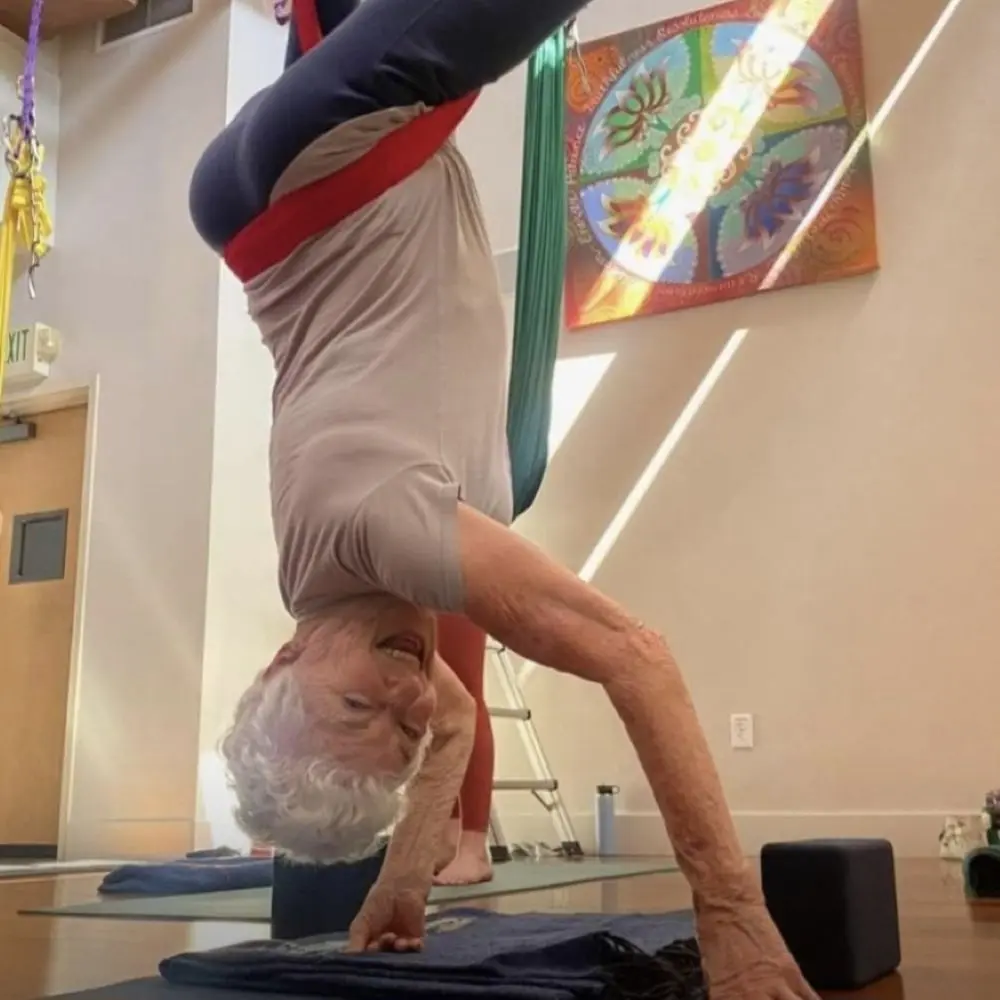A long time ago, when I was going through a challenging period, someone told me to make sure that I do something I love every day. At the time, I had to think about not only what I loved to do, but also what would recharge me. (Being a high energy person, some of the things I love to do can be depleting.)
I discovered very quickly that being in nature helped me. I felt more relaxed, yet more energized. My mind became clear, and my overall well-being enhanced. Nature improved my mood and health. It didn’t take long for me to recommend my students do something in nature during their recovery. So, what is it about being in nature that is so beneficial for those in recovery?
Engaging in something physical can offer a sense of accomplishment, compared with sitting at home and staring at a screen, which can actually agitate the nervous system. Getting some good old vitamin D also enhances our immune system, meaning we will be healthier and feel better. Movement is known for helping with depression and promoting sound sleeping patterns; rest is key to maintaining a healthy lifestyle. When we are in nature, stress is processed differently and we are in the perfect setting to cultivate present-moment awareness.
Here are some things to consider while being in nature:
- Walk on natural surfaces. Natural surfaces give us direct contact with the earth, allowing us to feel grounded and absorb the natural energy it offers.
- Find locations in nature where there are minimal cars and noise, allowing for a more peaceful setting.
- Take in the sounds of nature. Use the opportunity of being outside to listen to the soothing sounds of nature. Pay attention to birds chirping, breezes blowing through trees, water babbling in a nearby creek, or the ocean waves.
- Take in the smells of nature, be it the scents of trees, water, or even the natural smell of the earth.
- Be a witness to the sky above as the clouds and birds do their dance, presenting a rhythm that can be beautiful to witness.
- Take in the colors. Have you ever noticed that colors in nature never clash? It’s true, and colors can affect our mood, change our heart rate, and affect blood pressure and respiration. Colors in nature tend to be warm or calming, evoking feelings of happiness, optimism, or relaxation.
- Express gratitude for the beauty, awe, and calmness that being outside promotes within.
Being in nature can be the perfect remedy to move energy, release stagnation, and get us back on track to healing. Nature offers for less suffering and cultivating more joy. The more joy we encounter, the better our chances are for success on our journey to recovery.













